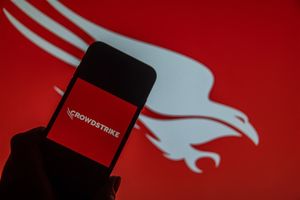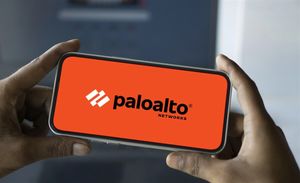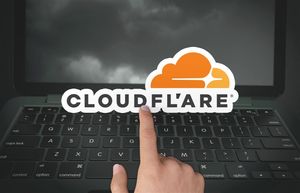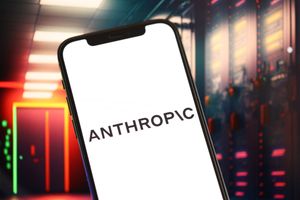CHICAGO, IL - November 21, 2025 - Strategic HR leader and organizational design consultant Drew Soule is calling on business leaders, HR professionals, and employees at every level to take a more intentional approach to building inclusive, people-centered workplaces. Drawing from his own experience living with Spinal Muscular Atrophy and his 15-year career guiding organizations through transformation, Soule says meaningful change starts with empathy and action.
“Accessibility isn’t just about ramps or software,” says Soule. “It’s about creating systems that allow everyone—regardless of ability, background, or role—to do their best work. When we design workplaces with inclusion in mind, we unlock innovation that benefits everyone.”
According to a 2024 U.S. Department of Labor report, nearly 19% of working-age adults live with a disability, yet only 37% are employed, compared to 77% of those without disabilities. Meanwhile, a Harvard Business Review study found that companies prioritizing inclusivity are 70% more likely to capture new markets and 36% more profitable on average.
Soule believes those statistics point to both a moral and business imperative. “Equity and profitability aren’t opposites,” he explains. “They’re connected. Inclusive companies make better decisions, retain talent longer, and perform better because people feel seen and supported.”
A Call for Empathy-Driven Leadership
Soule’s approach to leadership—rooted in empathy, data, and accountability—has guided organizations through IPO readiness, mergers, and cultural realignments. But for him, inclusion isn’t a program or initiative; it’s a mindset.
“In every organization I’ve worked with, the strongest teams weren’t the biggest or the loudest,” Soule shares. “They were the ones built on trust, respect, and shared purpose. You can’t buy engagement—you earn it through connection.”
He points out that small, consistent actions make the biggest difference: asking for feedback, reviewing hiring practices, rethinking meeting accessibility, or simply giving people space to share their experiences.
Why It Matters
Research shows that inclusive workplaces experience a 59% increase in creativity and collaboration and reduce turnover by nearly 50% (McKinsey & Co., 2023). Yet many businesses still view inclusion as a compliance box rather than a growth opportunity.
“We can’t wait for policy to catch up,” Soule emphasizes. “Inclusion starts with individual awareness—how we listen, how we design, how we lead. Everyone has the power to make their corner of the workplace better.”
He also highlights the importance of accessibility in digital transformation. “Hybrid work gave us new tools,” he says. “Now we have to make sure those tools actually work for everyone.”
What People Can Do
Soule’s message is clear: inclusion isn’t just the responsibility of executives or HR departments—it’s everyone’s job.
He encourages individuals to take simple steps that add up to long-term impact:
-
Ask and Listen: Regularly check in with teammates about their experiences. Inclusion begins with understanding.
-
Audit Your Environment: Review digital tools, meetings, and workflows for accessibility barriers.
-
Lead by Example: Speak up when exclusion happens, even in small ways.
-
Educate Yourself: Learn about disability inclusion, bias, and equity through credible sources and lived experiences.
-
Advocate for Change: Push for company policies that reflect inclusion not just in words, but in measurable outcomes.
“Progress doesn’t start with a corporate statement—it starts with awareness,” Soule says. “You don’t have to lead a department to make a difference. You just have to care enough to act.”
About Drew Soule
Drew Soule is a strategic and impact-driven HR leader with over 15 years of experience guiding organizations through growth and transformation. A specialist in organizational design, talent strategy, and executive coaching, he helps companies align people and business goals while fostering inclusive, high-performing cultures. A graduate of the University of Illinois, Soule has served as a youth ambassador for the Muscular Dystrophy Association and continues to advocate for accessibility and inclusion in the workplace.
Call to Action: To learn more about inclusive workplace practices and how to make a difference in your own organization, start by assessing your environment, asking questions, and listening with intent. As Soule reminds us:
“The future of work isn’t just digital—it’s human. We all play a part in making it equitable.”
Media Contact:
Email: drewsoule@emaildn.com
To read the full interview, click here.
Media Contact
Contact Person: Drew Soule
Email: Send Email
Country: United States
Website: https://www.drewsoulecalifornia.com/








